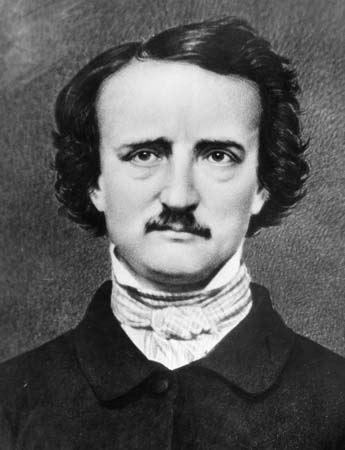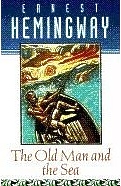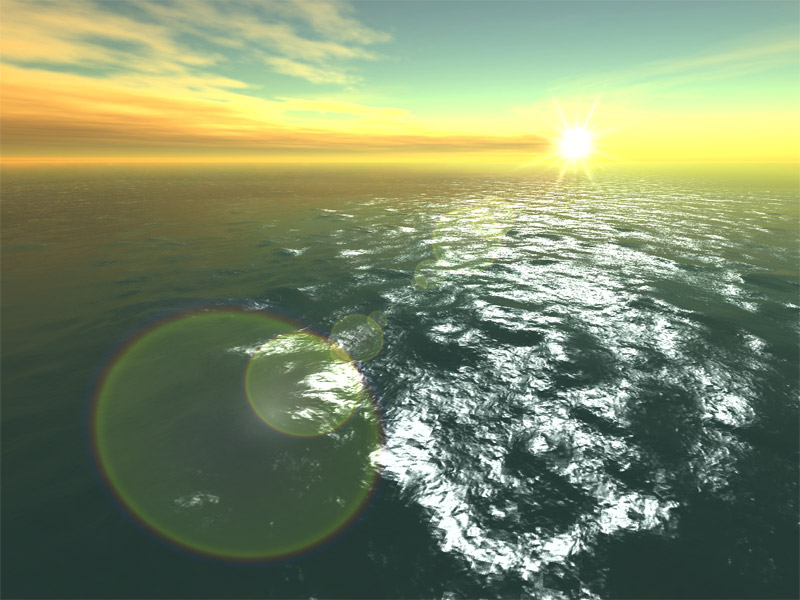Consider the sea's listless chime:
Time's self it is, made audible-
The murmur of the earth's own shell.
Secret Continuance sublime
Is the sea's end: our sigh may pass
No furlong further. Since time was,
This sound hath told the lapse of time.
No quiet, which is death's -- it hath
The mournfulness of ancient life,
Enduring always at dull strife.
As the world's heart of rest and wrath,
Its painful pulse is in the sands.
Last utterly, the whole sky stands
Gray and not known, along its path.
Listen alone beside the sea,
Listen alone among the woods;
Those voices of twin solitudes
Shall have one sound alike to thee:
Hark where the murmers of thronged men,
Surge and sink back and surge again-
Still the one voice of wave and tree.
Gather a shell from the strewn beach
And listen at its lips: they sigh
The same desire and mystery,
The echo of the whole sea's speech.
And all mankind is thus at hear
Not any thing but what thou art:
And Earth, Sea, Man, are all in each.
In The Sea Limits by Dante Gabriel Rossetti, the sea is abstract. It is a lens used to view the passing of time, and existence. Called the “murmur of the earth’s own shell”, it is seen that the sound of the sea—the pounding of waves perhaps, is time “made audible.” Such a divine idea, that the ocean has always told the passing of time, that there has been no time unmarked by the crash of a wave, must come from a speaker with time on his hands to philosophize, in the least. Also, most likely, someone who is thoughtful, romantic and listless. Tackling eternity is a journey that takes flexibility and comfort with the self.
The speaker is focused on the sound of the sea as a central figure, and relates everything back to it. He even recognizes that silence, or the lack of the sea, is death. As he states, when the “painful pulse” stops, the sound of the waves, and life, is lost. The sea is the sound of life, the way Christ is the rock of faith. You can’t have life without clinging to that sound, the way Christians must cling to their foundation. The speaker is using the sea, or rather the sound of it, as a foundation for life. The woods also have the same eternal sound, according to the speaker. The sea and the woods will have “one voice” of “twin solitude.” The speaker may want the reader to appreciate that despite the murmurs of the “thronged men” that “surge and sink back and surge again,” the voice of the woods and the sea remain. Or rather: despite humans that invade nature on land and in the sea, the sea and the earth will always remain, retaliate, if not simply survive the damage inflicted upon it by civilization. Nature is eternal, unceasing and as old as time, and no inconsiderate population of humans can destroy it, anymore than they can stop time from passing.
That being said, if man “listens at [the] lips” of nature, he can understand it, and understand the “same desire and mystery.” This is just to say that if mankind could respect nature, then “Earth, Sea, Man, [would be] all in each.” If we understand the sea, or nature in general, we can understand each other, and our connection to the greater world, even our place in the universe. This interpretation of life through the sea helps the reader grasp what the reader is trying to say about time, the way it is eternal and unfathomable, the way counting the breaking of waves is impossible. It is also important to know that mankind is not meant to do such things, and should remain at peace with the environment and make every wave count. We don’t have forever, after all. Someday we will all hear only silence.










No comments:
Post a Comment